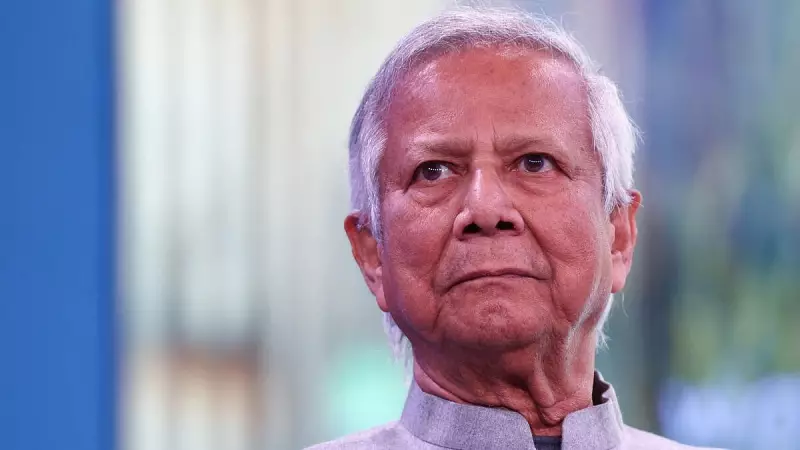
In a controversial move that has raised eyebrows across educational circles, the Bangladesh government led by Sheikh Hasina has decided to eliminate dedicated teaching positions for music and physical education. This decision comes after mounting pressure from conservative Islamist groups who have long objected to these subjects in the national curriculum.
The Government's Surprising Reversal
The education ministry's latest directive marks a significant departure from previous policies that recognized music and physical education as essential components of a well-rounded education. According to sources within the administration, the decision was made following persistent lobbying by religious hardliners who argue that music contradicts Islamic principles and co-educational physical activities violate religious norms.
Impact on Bangladesh's Education System
This policy shift has far-reaching implications for Bangladesh's education sector:
- Existing music and physical education teachers will not be replaced when they retire
- Schools will lose specialized instructors in these subjects
- The curriculum may be modified to reduce emphasis on arts and physical development
- Thousands of future teaching positions in these fields have been effectively eliminated
Growing Concerns Among Educators
Education experts and progressive voices have expressed alarm at what they see as the government surrendering to religious extremism. "This sets a dangerous precedent where curriculum decisions are made based on religious pressure rather than educational merit," noted one prominent education activist who wished to remain anonymous.
The move has particularly concerned those who view music and physical education as crucial for students' creative expression and physical well-being. Many fear this could be the beginning of broader changes to the education system that might exclude other subjects deemed "un-Islamic" by conservative groups.
Broader Political Implications
This development occurs against the backdrop of increasing Islamist influence in Bangladeshi politics. Observers note that the government's willingness to accommodate these demands reflects the growing political clout of religious parties, even as the administration maintains its secular credentials internationally.
The decision has sparked debates about the balance between religious values and comprehensive education, with many questioning whether similar demands might emerge regarding other subjects in the future.






